Education is a broad concept that covers various aspects such as instruction, inquiry, research, learning, teaching, experiences, skills, and the building of attitude. It is a systematic process that applies to both children and adults. Education aims to cultivate individuals who are civilized, refined, cultured, and well-educated. In this blog, we will explore the meaning and aims of education from a philosophical perspective.
Education is a holistic and lifelong process that aims to develop individuals according to their needs and the demands of society. It encompasses various perspectives, including the development of the mind, body, and spirit. Teachers, students, and the environment form an integral part of the education process. By understanding the meaning and aims of education, we can create a civilized, refined, and educated society.
Education is a vital aspect of society, providing individuals with the knowledge and skills they need to navigate the world. The concept, meaning, and aim of education have evolved, reflecting the changing needs and values of different civilizations. In this blog, we will delve into historical perspectives and explore how the aims of education have transformed throughout the ages.
The word “education” may come from different Latin words, including:
Educare: means “to bring out” or “to nourish.”
Educere: Means “to lead out” or “to draw out.”
Educatum: Means “act of teaching” or “training.”
According to the UNESCO definition, “Education is the process of acquiring knowledge, skills, and experience. It can also mean helping people learn how to do things and think about what they learn.”
Education can have many meanings and aims, including:
Socialization: Education can teach cultural values and norms, and help children become productive members of society.
Skill development: Education can help children develop the powers and abilities to become productive members of society.
Democratic values: Pragmatic education can instill democratic values and ideals in individuals.
Intellectual development: Education can help children develop their reasoning and judgment powers, and prepare them for a mature life.
Economic Growth: Education can stimulate economic growth and raise awareness of local and global problems.
Human well-being: Education can help develop an enlightened civilization for human well-being and economic development.
Understanding the Meaning of Education
- According to Merriam-Webster: Education is the process of being educated or educating, or the knowledge, skills, and development gained from practice or study. It can also refer to the field of study that deals with the problems and methods of teaching.
- Dictionary.com defines education as the process of acquiring or imparting general knowledge, developing the powers of judgment and reasoning, and preparing oneself or others intellectually for a mature life. It can also refer to the process of acquiring or imparting particular knowledge or skills, such as for a profession.
- Inderdo.com defines Education as a systematic process through which an adult or child acquires knowledge, experience, skill, and sound attitude. It makes an individual educated, cultured, refined, and civilized.
- SpringerLink; Education can also be understood as exposure to, understanding of, and practice in skillsets that a person needs to be able to function in contemporary culture. This notion is sometimes called the acculturation model.
Other definitions of education include:
- A combination of growth and human development with social legacy
- The formation of conscience
- A process of self-formation and self-determination ethically, conformed conscience
Education, derived from the Latin word “educare,” has multiple connotations. It means to nourish, lead out of ignorance, draw out potential, bring up, and rear. In the Pakistani context, education is widely regarded as both “Tarbiyat” and “ilm.” “Tarbiyat” encompasses discipline, control, instruction, and teaching, while “ilm” refers to knowledge. Education is viewed as a lifelong journey aimed at acquiring knowledge, experience, skills, and cultivating a positive attitude. It involves adapting to changing circumstances and the evolving needs of different stages of life.
Philosophical Perspectives on Education
Aristotle’s Perspective
Aristotle viewed education as the creation of a sound mind in a sound body. Education aims to develop an understanding of the world and cultivate knowledge.
Rousseau’s Perspective
Rousseau believed that education involves bringing out the innate potential of a child. It is the responsibility of the education system and educators to provide the right environment for a child’s development.
Locke’s Perspective
Locke considered education as writing a story on a clean slate. The educator plays a crucial role in shaping the child’s character and goals.
Plato’s Perspective
According to Plato, education is the capacity to feel pleasure and pain at the right moment. It emphasizes understanding situations from an appropriate perspective.
Pathagoras’s Perspective
Pathagoras defined education as the natural, harmonious, and progressive development of innate human powers.
Various Perspectives on Education
Herbert saw education as the development of good moral character, while Dewey viewed education as a continuous reconstruction of experiences. Gandhi emphasized the all-round development of body, mind, and spirit, while Tagore believed education enables the mind to discover ultimate truth and inner light. The Upanishads considered education as a path to salvation.
The Nature of Education
Education is a continuous process that begins in the womb and continues until the last breath. It involves the development of an individual’s physical, mental, moral, and social faculties. Education is both unilateral, involving the individual, and bipolar, involving the teacher-student relationship. Additionally, education is influenced by the educational environment, creating a tripolar process.
The Roles of Teachers, Students, and the Environment
The Role of Teachers
Teachers have the responsibility to influence learners’ personalities through their magnetic personalities. They create suitable experiences and provide knowledge to develop skills and capacities. Teachers also shape learners’ characters by instilling respect for moral and spiritual values. They must be knowledgeable about teaching strategies and techniques to enhance the effectiveness of learning.
The Role of Students
Students are essential in the education process. They must question, understand, and prove their potential within the provided environment. Students’ interests and abilities should guide the definition of educational aims, methods of teaching, and curriculum.
The Role of the Environment
The social environment and society provide the educational material. The curriculum is designed based on the needs and demands of society. The environment, created by teachers, plays a pivotal role in education, as it provides the necessary experiences and opportunities for learners to develop their best selves.
Aim for Human Resource Development
One of the primary aims of education is human resource development. This encompasses the training and development of individuals to acquire the necessary skills and knowledge for future employment. By equipping students with the expertise they need, education plays a crucial role in shaping the workforce and fostering economic growth.
Individual Aim of Education
Each individual has their unique aspirations and goals in life. Education must cater to these individual aims, providing opportunities for personal growth and learning. Whether someone seeks spiritual enlightenment or desires to pursue a specific field of study, education should empower individuals to achieve their objectives.
Social Aim of Education
Education also serves a social purpose by meeting the needs and expectations of society as a whole. Different societies and communities have distinct requirements for education, and schools need to fulfill these aims. Whether it is the creation of responsible citizens, the cultivation of cultural values, or the promotion of social harmony, education plays a vital role in shaping the fabric of society.
Vocational Aim
Vocational education focuses on providing specific training and skills for particular occupations. This aim of education aims to prepare individuals for a particular vocation, such as becoming a chef or a carpenter. By imparting practical knowledge and expertise, vocational education enables individuals to excel in their chosen field.
Liberal Aim of Education
Education also has a liberal aim, which involves freeing individuals from social constraints and fostering personal growth. This aim emphasizes the importance of critical thinking, scientific inquiry, and the development of a broad perspective. By nurturing a sense of intellectual freedom and moral responsibility, education enables individuals to become well-rounded and enlightened members of society.
Education for Leisure
Education for leisure recognizes the value of leisure time and aims to provide individuals with opportunities for creative expression and personal enjoyment. This aim acknowledges that education extends beyond the traditional classroom and embraces various forms of learning and enrichment, such as movies, media, and hobbies.
Spiritual Aim of Education
The spiritual aim of education centers around the development of an individual’s spiritual self. It emphasizes the importance of self-realization, self-actualization, and the pursuit of higher truths. Education plays a crucial role in fostering spirituality and guiding individuals on a path of enlightenment and self-discovery.
Adjustment Aim
Adjustment is a fundamental aspect of human life, and education equips individuals with the necessary skills to adapt and thrive in society. The adjustment aim of education focuses on nurturing individuals’ ability to navigate social interactions, cope with challenges, and maintain harmonious relationships. By promoting adaptability and resilience, education empowers individuals to lead fulfilling and productive lives.
Character Formation and Moral Aim
Character formation and moral education are integral aims of education. Education should not only provide knowledge but also instill ethical values and virtues in individuals. By emphasizing the importance of integrity, empathy, and civic responsibility, education plays a critical role in shaping individuals’ character and moral compass.
Culture Aim
Education serves as a means to preserve and transmit a society’s culture, norms, and values. The cultural aim of education involves imparting knowledge of traditions, heritage, and customs to future generations. By strengthening cultural identity and fostering a sense of belonging, education ensures the continuity and preservation of a society’s cultural heritage.
Knowledge and Information Aim
One of the essential aims of education is to provide individuals with knowledge and information. Education equips individuals with the necessary information to make informed decisions, understand the world around them, and engage critically with society. By promoting knowledge acquisition and intellectual curiosity, education empowers individuals to become active participants in their communities.
Democratic Aim of Education
In democratic societies, education plays a crucial role in promoting democratic values and ideals. The democratic aim of education focuses on cultivating critical thinking, civic engagement, and a sense of social responsibility. By empowering individuals with the skills and knowledge required for active citizenship, education strengthens democracy and promotes social cohesion.
Leadership Aim
Leadership is an important aspect of society, and education aims to develop individuals’ leadership qualities. The leadership aim of education focuses on nurturing qualities such as justice, courage, discipline, tolerance, wisdom, sacrifice, and initiative. By equipping individuals with the skills and traits necessary for effective leadership, education prepares them to contribute positively to society.
Education is a multifaceted institution that serves various aims and purposes. The aims of education have evolved, reflecting the changing needs and values of different civilizations. From human resource development to character formation, education plays a vital role in shaping individuals, societies, and nations. By understanding and embracing the diverse aims of education, we can create a more inclusive, knowledgeable, and harmonious world.
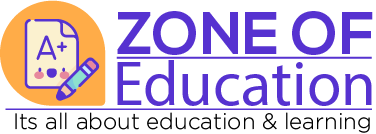
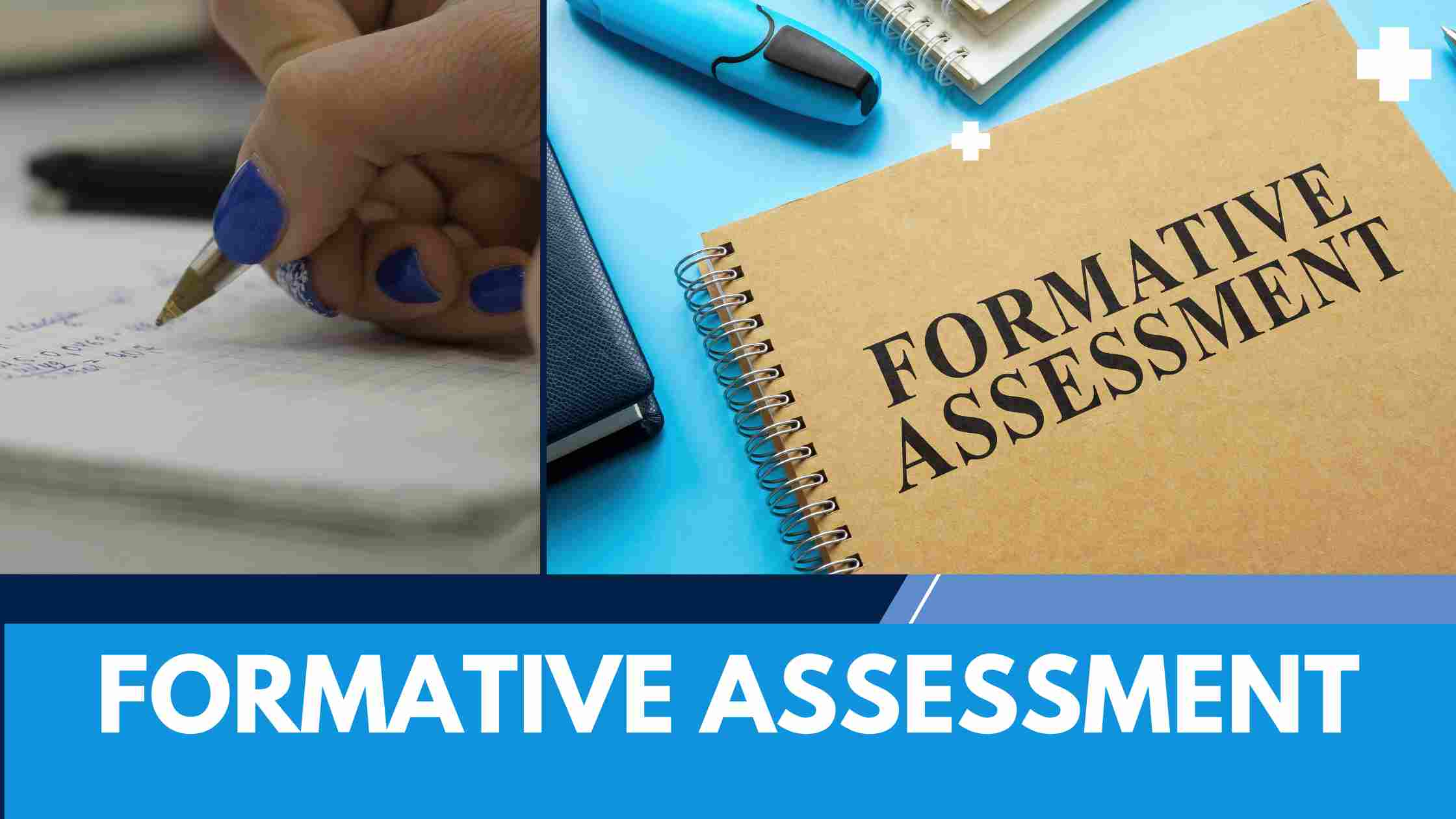
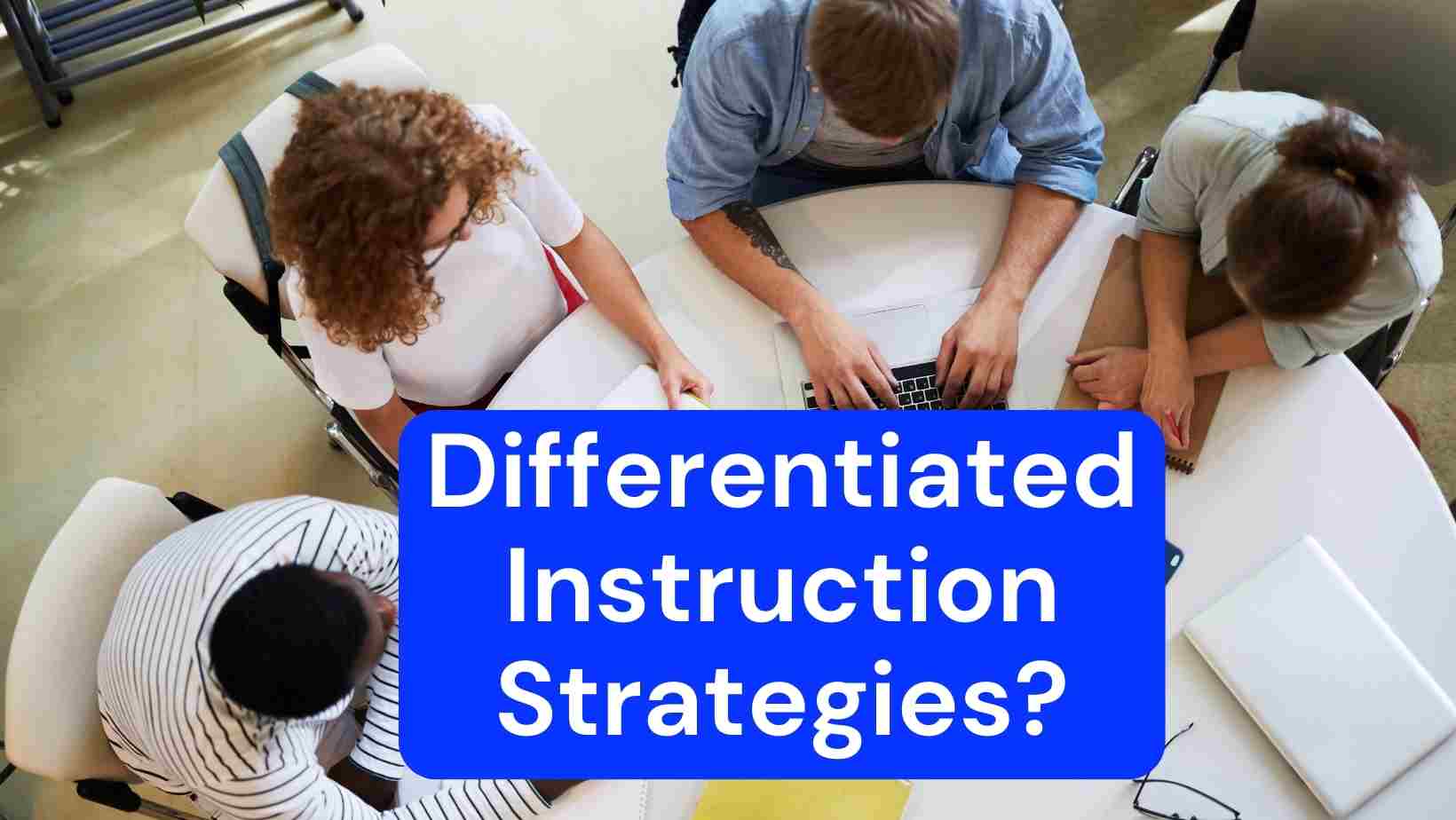

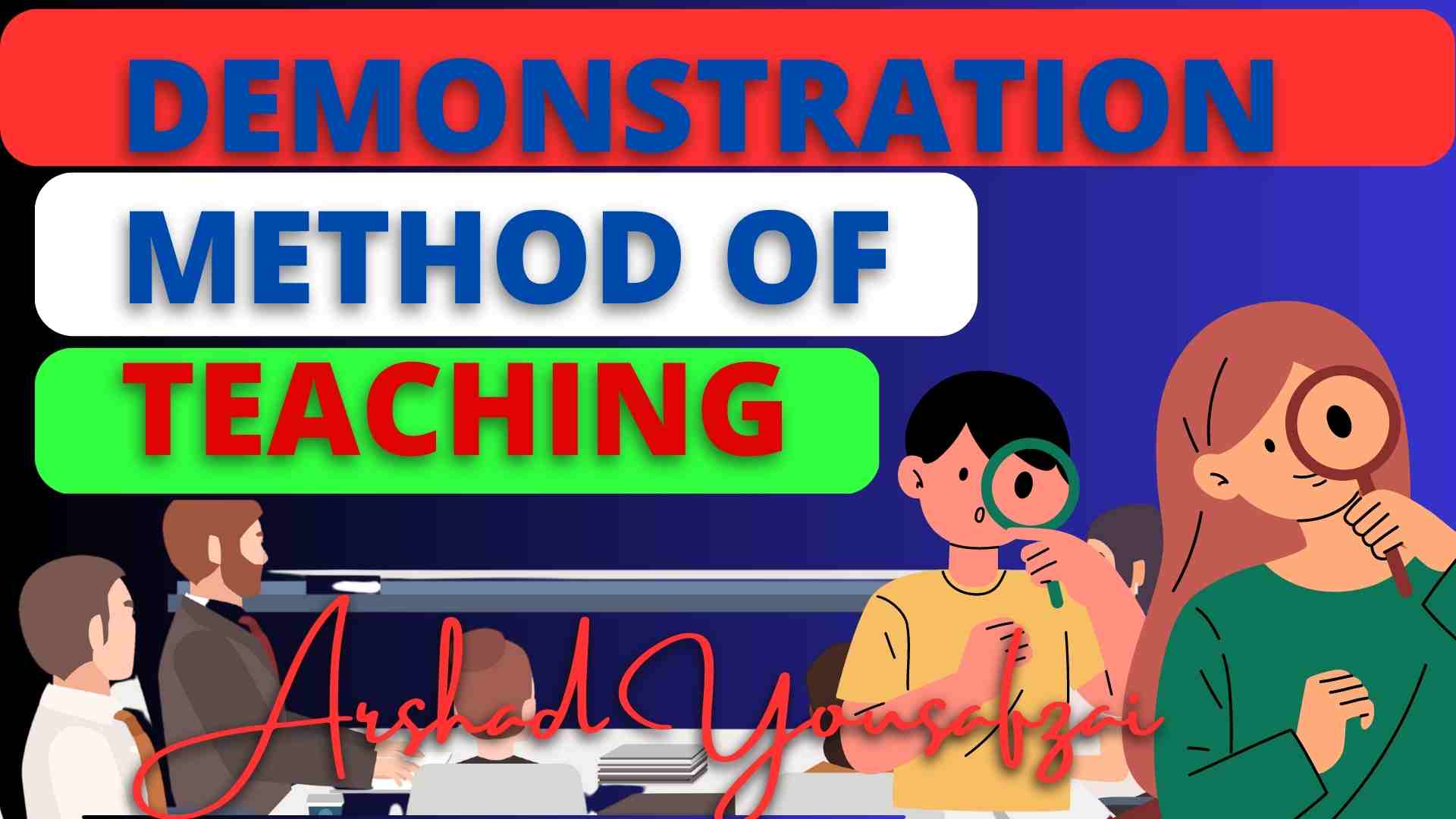
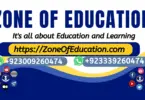

[…] the aims of education, naturalists adopt a biological and evolutionist attitude. Even among the different forms of […]
[…] While Pragmatism in education has numerous advantages, it is not devoid of detractors. Others contend that Pragmatism in education gives precedence to practical achievements over other ideals, such as ethics and morality. They contend that educators must consider the ethical implications of their teaching and that pragmatism may not effectively handle these issues. Some argue that Pragmatism in education may overlook the aesthetic aspect of education, such as the appreciation of art, music, and literature. They say that education should not be merely a means to an aim. […]
[…] about Essentialism and liberal arts education. These two concepts are at the heart of modern education and offer valuable insights into what it means to be a well-educated person. We will explore these two concepts in depth, discussing their […]
[…] the human mind is another critical aim of education in existentialism. Students should be exposed to various ideas, perspectives, and experiences to […]
[…] education, and social-emotional learning. In addition to teaching students knowledge and skills, education also aims to prepare them to become responsible members of society. In his belief that education should not […]
[…] aim of education, according to existentialism, is the realization of inner truth. Contemporary mechanical and […]
[…] refer to the goals and objectives that educators hope to achieve through teaching and learning. The aims of education reflect the underlying philosophy of education and provide a guide for educational […]
[…] own survival. Lamarck and his followers agree with the concept of biological evolution, and their aim of education is also adaptation to the […]
[…] our worldviews. Idealism in Education is frequently associated with the belief that Education aims to develop individuals’ intellectual and moral capacities to improve society. This is commonly […]
[…] subject to get students to think of new ideas. With a creative approach, making art is the primary means of education. Students are encouraged to explore their creative talents through various mediums, including but […]
[…] education. Pragmatists believe that the aim of education is a comprehensive practical education, a concept of education that is based on the […]
[…] Developed in 2015 by Dr. Charlie Miller and Dr. Phil Soran, Flipgrid has gained popularity among educators worldwide for fostering meaningful conversations among […]
[…] ultimate creation. That is why the development of the human personality has been accepted as the aim of education, and stress has been laid on the teaching of humanitarian subjects such as literature, art, […]
[…] teacher tries to understand a child’s personality and behavior to find ways and means to part education to the child, along with his personality development side by side. Several questions come up for […]
[…] Johann Friedrich Herbart (1776-1841). The aim of education, according to Herbart, is the multi sided development of interests. The child should be made […]
[…] for learning is about the educational process of students and it aims to help them acquire knowledge and discover their abilities, strengths, and weaknesses, as they […]